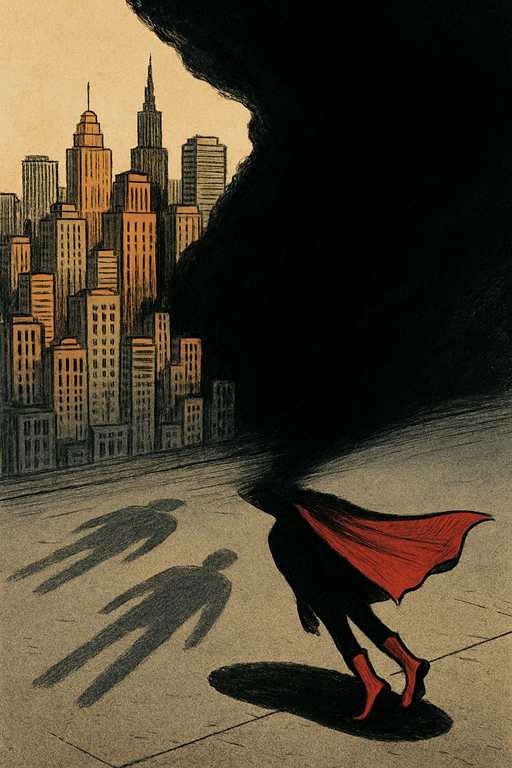‘Thunderbolts’ breaks Marvel Cinematic Universe mold
During the Thunderbolts (2025, directed by Jake Schreier) media blitz, the lead actor, Florence Pugh (who plays Yelena, Black Widow’s younger sister who is also a trained assassin), mentioned that this latest superhero salvo from the Marvel Cinematic Universe (MCU) is similar to an A24 movie.
Pugh speaks from experience; she shot into the pop culture stratosphere starring in A24’s Midsommar (2019, directed by Ari Aster). A24 is a movie outfit known for its brave approach to artistic filmmaking and quirky, strange movies. A24 movies usually delve into human nature with a confrontational approach, and Thunderbolts does this.
This is not a superhero movie with origin stories about how the heroes became charged with power. It is not your usual superhero movie about good versus evil, greed versus empathy, or outsiders versus the mainstream. This is a movie about a band of antiheroes—and that’s where the tropes stop. This is not to say that Thunderbolts is not predictable. It is. This movie is a breath of fresh air from the MCU, from its recent idiotic excesses (Deadpool vs Wolverine) and whimper (Capt. America: Brave New World). This is a superhero movie navigating between trauma and marketing.
Yes, marketing. Perception is key to dominance in the public sector. The superhero cast delivers, but one has to be grateful that Julia Louis-Dreyfus is cast as Valentina Allegra de Fontaine, a powerbroker character in Marvel Comics.
It is pleasant to see a seasoned actor known for comedic chops eat the role up like a more demented version of her character in Veep. Her character is subject to government oversight for some dubious moves regarding supercharged beings. If there’s one superpower accorded to de Fontaine, it is steely initiative and survival. She has a fantastic line: “Righteousness without power is just an opinion.”
That is quite the line extolling the virtues of dominance. It smacks of the dictum of American exceptionalism: “good guys with guns.” But are these the good guys? This is excellent marketing to position oneself as both proactive and protective. But what if the protectors are flawed? This is the foundation of Thunderbolts. These are not heroes but losers capable of heroics. They are powerful and formidable individually. But they are also emotionally handicapped. It is their personal disasters and inadequacies that are their barriers.
Such a paralyzing state—to be stuck inside your head, which is a hallmark of debilitating depression—is how trauma becomes a villain. Hashing out these traumas, talking them out, and dealing with them with friends or at least with people who understand them is a booster that should be relevant to many of us. All they needed was to work together and a group hug. This is a welcome superpower—vulnerability and confronting embedded hurt together. The Avengers could never.
You may reach Chong Ardivilla at kartunistatonto@gmail.com or chonggo.bsky.social









